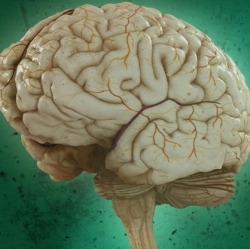
Clinical trial data suggest that nerve growth factor gene therapy is safe for extended periods of time. Gene therapy reduces the rate at which nerve cells in the brains of Alzheimer’s patients degenerate and die, according to new results from a small clinical trial, published in JAMA Neurology.
Targeted injection of the Nerve Growth Factor gene into the patients’ brains rescued dying cells around the injection site, enhancing their growth and inducing them to sprout new fibres. In some cases, these beneficial effects persisted for 10 years after the therapy was first delivered.
Alzheimer’s is the world’s leading form of dementia, affecting an estimated 47 million people worldwide. This figure is predicted to almost double every 20 years, with much of this increase is likely to be in the developing world. And despite the huge amounts of time, effort, and money devoted to developing an effective cure, the vast majority of new drugs have failed in clinical trials.
The new results are preliminary findings from the very first human trials designed to test the potential benefits of nerve growth factor (NGF) gene therapy for Alzheimer’s patients. NGF was discovered in the 1940s by Rita Levi-Montalcini, who convincingly demonstrated that the small protein promotes the survival of certain sub-types of sensory neurons during development of the nervous system. Since then, others have shown that it also promotes the survival of acetylcholine-producing cells in the basal forebrain, which die off in Alzheimer’s.
